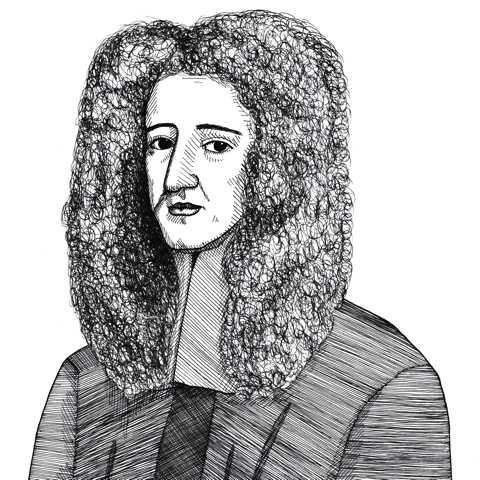
Shaftesbury opposes the nonresisting test bill before the House of Lords as a step towards “absolute and arbitrary” government (1675)
Found in: The Struggle for Sovereignty: Seventeenth-Century English Political Tracts, vol. 2
The Earl of Shaftesbury (1621-1683) opposed a measure before the House of Lords in 1675 to force the members to swear an oath of “nonresistance” to the crown (Charles II). He opposed this as a violation of Magna Carta and another step towards absolute and unaccountable government:
Presidents, Kings, Tyrants, & Despots
“I, A. B. do declare that it is not Lawful upon any pretence whatsoever, to take up Armes against the King, and that I do abhorr that Traiterous position of taking Armes by His authority, against His Person, or against those that are commissioned by Him in pursuance of such Commission; And I do swear that I will not at any time endeavor the Alteration of the Government, either in Church or State, so help me God.”…
(T)he design is to declare us first into another Government more Absolute, and Arbitrary, than the Oath of Allegiance, or old Law knew, and then make us swear unto it,…
’tis the leaven that corrupts the whole lump; for if that be true, I am sure Monarchy is not to be bounded by human Laws, and the 8. chap. of I. Samuel, will prove (as many of our Divines would have it) the Great Charter of the Royal Prerogative, and our Magna Charta that says Our Kings may not take our Fields, our Vineyards, our Corn, and our Sheep is not in force, but void and null, because against divine Institution; and you have the Riddle out, why the Clergy are so ready to take themselves, & impose upon others such kind of Oaths as these, they have placed themselves, and their possessions upon a better, and a surer bottom (as they think) than Magna Charta, and so have no more need of, or concern for it.